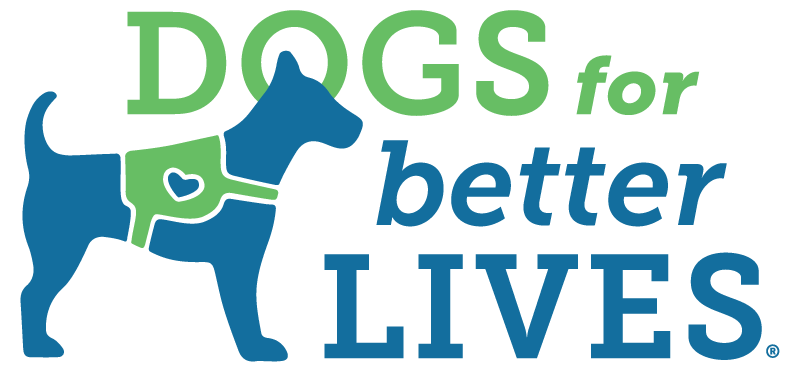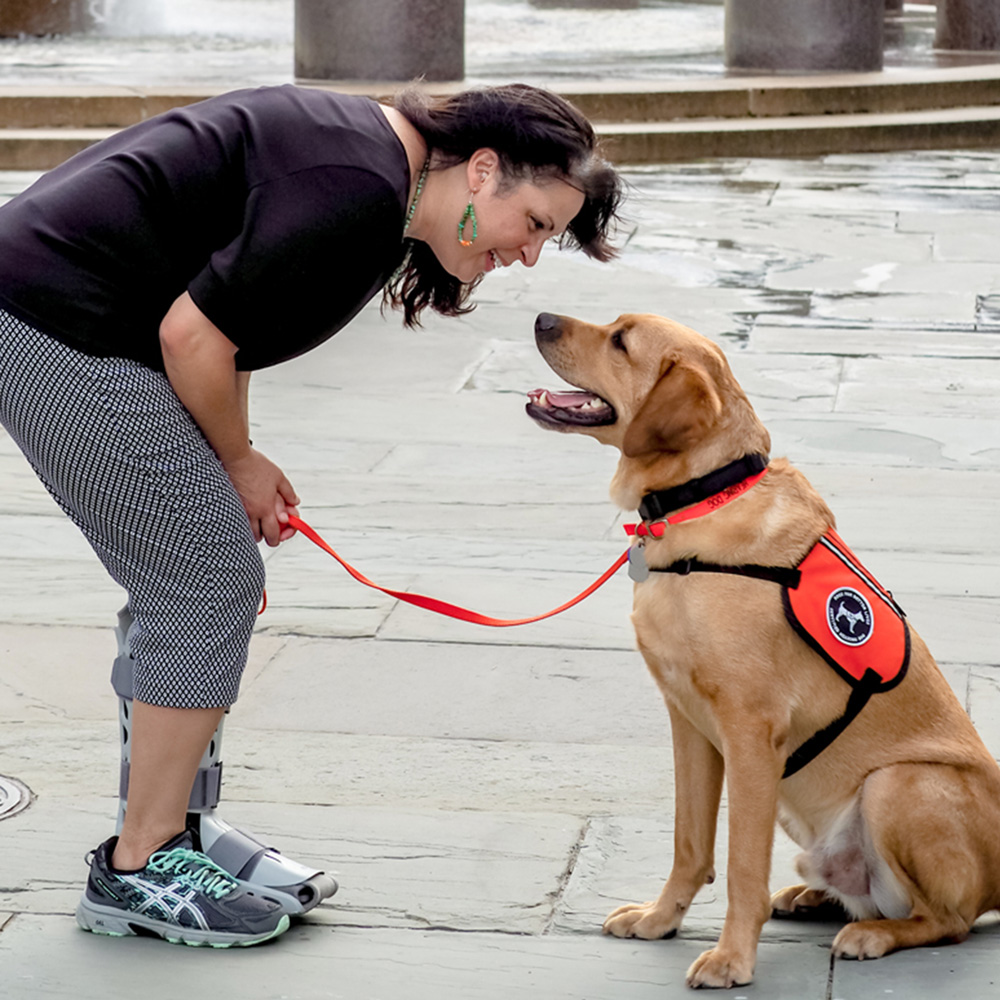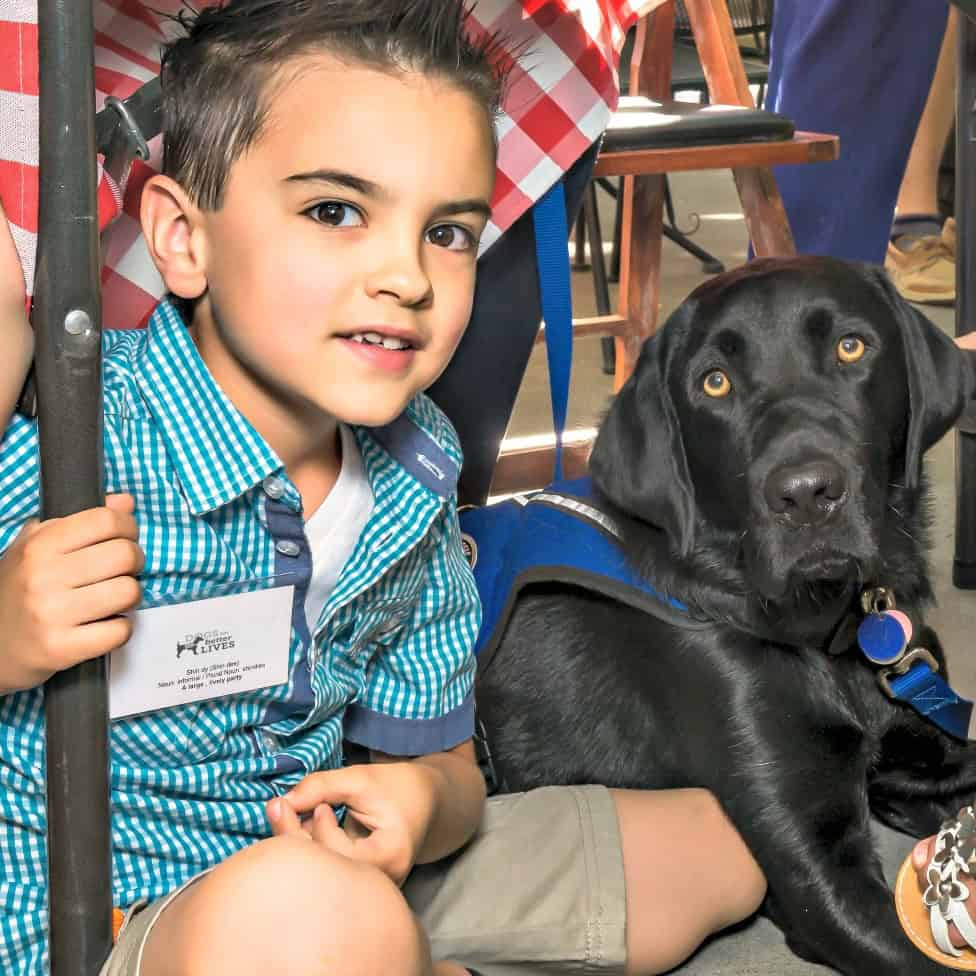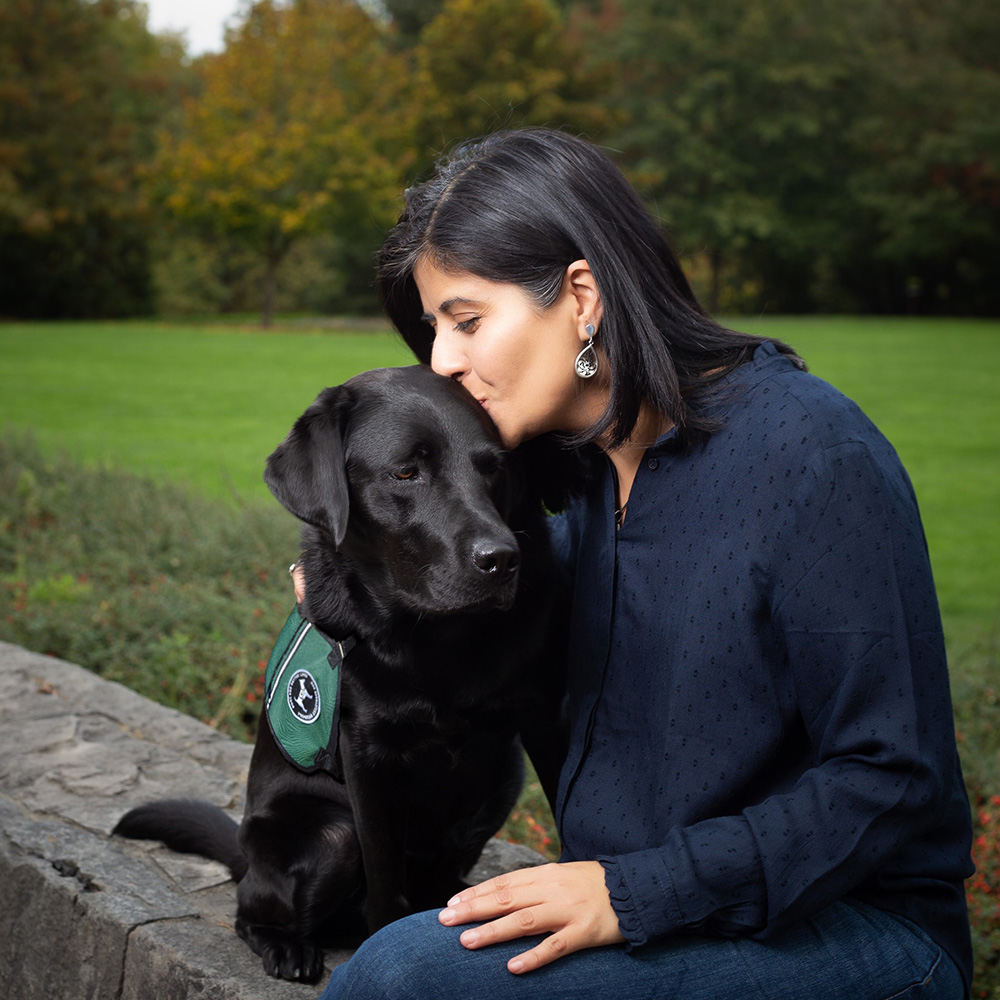Have ever wondered what makes an Assistance Dog tick? When evaluating future Assistance Dogs, we pay close attention to the temperament and specific characteristics we’ve found lead to success in our programs, like confidence, friendliness, focus, and drive. Each dog is unique, and we take time to get to know them and what program might suit them best.
Hearing Assistance Dogs
 Hearing Assistance Dogs serve adults who are hard of hearing or deaf. Dogs are trained to physically alert clients to sounds that are necessary for everyday safety and independence.
Hearing Assistance Dogs serve adults who are hard of hearing or deaf. Dogs are trained to physically alert clients to sounds that are necessary for everyday safety and independence.
Dogs who do well in our hearing program tend to be energetic and independent. Since sounds can happen at any time, they need to have the enthusiasm to alert and work throughout the day and night. Most importantly, a Hearing Assistance Dog needs to be confident enough to persistently follow through their alerts – even when clients are sleeping.
There are two types of Hearing Assistance Dogs, and personalities matter here too!
Certified Hearing Dogs can maintain an ADI standard of professionalism in any public setting. Certified Hearing Dogs are easy to handle in public and are not easily distracted by sounds, scents, and novel objects in their environment. They are able to provide consistent service to their handler, both out in public and in the home environment.
Home Hearing Dogs are not able to uphold the ADI standard of professionalism while out in public and work environments. These dogs are much more comfortable working in the home setting. Home Hearing Dogs are still energetic and enthusiastic in their work and provide exceptional service and companionship to our home hearing clients.
Check out our recent article about the differences between Certified and Home Hearing Dogs.
Autism Assistance Dogs
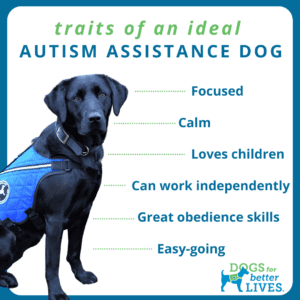 Autism Assistance Dogs serve children ages 4-8 who have been diagnosed with an autism spectrum disorder. Autism Assistance Dogs are specially trained to enhance the safety and well-being of children and families living with Autism by providing a minimum of three tasks to assist with keeping children grounded and focused while presenting a social bridge for relationships and friendships.
Autism Assistance Dogs serve children ages 4-8 who have been diagnosed with an autism spectrum disorder. Autism Assistance Dogs are specially trained to enhance the safety and well-being of children and families living with Autism by providing a minimum of three tasks to assist with keeping children grounded and focused while presenting a social bridge for relationships and friendships.
Dogs in our autism program need to have the drive to work and a willingness to be close to people – especially children. These dogs provide excellent professional behaviors and mannerisms while out in public. They are easy to handle without being easily distracted by other dogs, scents, sounds, and novel objects in their environment. Autism Assistance Dogs need to be easy-going about changes in routine to cater to the child’s needs and lifestyle. They tend to be low to medium energy dogs who are exceptionally obedient and can work somewhat independently.
Facility Dogs
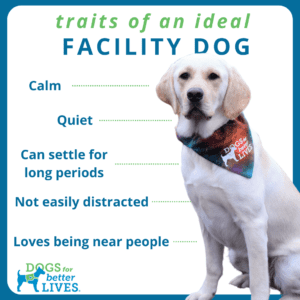 Facility Dogs are trained to interact in various ways with patients, clients, and students to provide a needed focus or distraction, motivation, and calming to enhance treatment, learning, and development.
Facility Dogs are trained to interact in various ways with patients, clients, and students to provide a needed focus or distraction, motivation, and calming to enhance treatment, learning, and development.
Dogs placed in our facility program need to be able to settle down and relax for long periods of time. They often have low energy, are quiet, like being around people, and love being petted and snuggled. Although they look to their handler for taskwork direction, they are still able to uphold the ADI standard of professionalism while out in public. They do well in a work environment by being easy to handle. These dogs can calmly settle during stressful situations or when there are strong emotions. Facility Dogs are not easily distracted by other dogs, scents, sounds, and novel objects in their environment. They often benefit most from handler support and may also work best in one or two environments.
Would you or a loved one benefit from an Assistance Dog? Learn more about our dogs and apply. Our Assistance Dogs are professionally trained and placed with clients at zero cost thanks to donor support.
